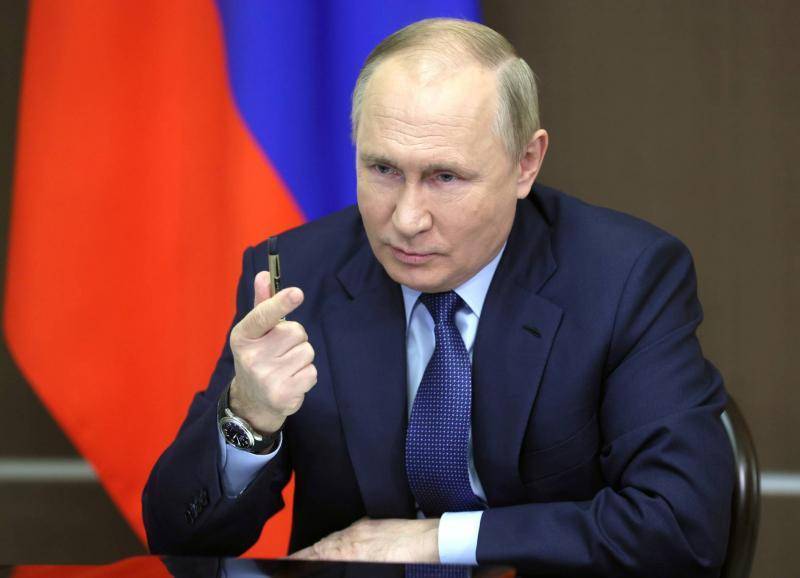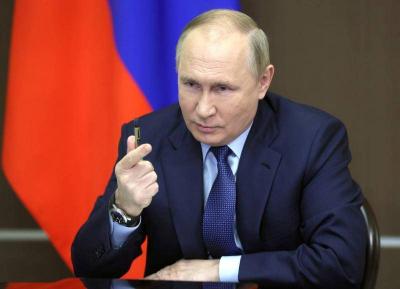As several countries around the world are preparing for various electoral events in the coming months, Western fears are rising regarding potential disruptions to these timelines, whether through AI-generated disinformation campaigns or hacking, notably from Russia and China. Some intelligence documents warn that Russia could employ private militias to control migration routes to Europe and "weaponize" them. Moscow possesses influence and control over several key routes leading to the European continent.
The EU's border agency, Frontex, has warned that Russia might intensify its efforts to transport migrants as spring approaches, with Russian President Vladimir Putin potentially using this tactic to destabilize Europe, according to The Telegraph. It also cautioned that Russia could leverage migration as "a tool in a larger game of influence and pressure." The documents suggest that the increasingly isolated Putin might try to direct migrants toward Europe's borders, either through Russia’s eastern borders or via agents in the south, including Africa, posing a significant threat to European security in 2024.
Intelligence documents detail plans by Russian operatives to establish "a strong border force comprising 15,000 men," including former militias from Libya, to control migrant flows to Europe, although indications point to the apparent failure of this plan due to lack of funds. A security source mentioned, "If you can control the migrant routes to Europe, you can effectively control elections, because you can restrict a certain area or flood it with migrants to sway public opinion at a crucial time."
Experts reported that Russian-backed mercenary groups, including Wagner, are fueling migration by increasing instability and violence in parts of Africa under their control, as well as physically moving migrants to borders and supporting traffickers. Former Immigration Minister Robert Jenrick claimed that Britain's opponents are wielding the migration issue as a weapon, citing occurrences at the borders of Belarus with Poland and Lithuania in 2021, which exacerbated instability in the Maghreb and Sahel regions.
Italian Deputy Prime Minister Antonio Tajani confirmed that his country possesses intelligence indicating that mercenaries are "very active and in contact with trafficking gangs and militias engaged in smuggling migrants in Libya." His government blamed the increase in migrants crossing the Mediterranean Sea on Wagner, accusing it of waging a "hybrid war."
Sergei Sukantkin, a senior researcher at the Jamestown Foundation and advisor at Gulf State Analytics in Washington, observed that observers generally focus on the role of "Russian paramilitary forces" in supporting African regimes, rather than on their impact on migration. He stated, "If we look at their map, we see that the Central African Republic occupies a strategic position, giving Russian mercenaries routes to Sudan, and then to traffickers in Libya." He added, "Migration routes cannot be separated from the regions and places where Wagner and other Russian paramilitary forces are present." He further noted, "The waves of irregular migrants from Africa could increase, as Russia plans to establish a new military facility in the Central African Republic, granting it additional leverage over managing migration flows from Africa and sub-Saharan Libya toward the EU."
According to Frontex, the largest increase in the number of migrants recorded last year occurred along the central Mediterranean route. The agency reported that the number of irregular border crossings in 2023 reached 380,000, the highest since 2016. These warnings come as fears mount over Russian and Chinese interventions in several upcoming elections in various countries, including the United States, where migration has become a key issue in these events.




